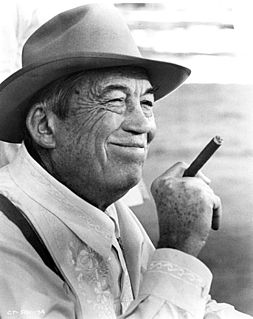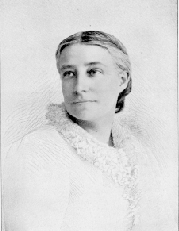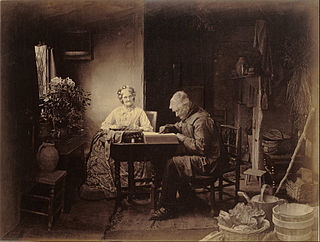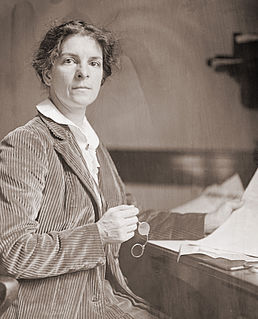A Quote by Plato
And yet the artist will go on with his work without knowing in some way if any of his representations are sound or unsound. The artist knows nothing worth mentioning about the subjects he represents, and that art is a form of play, not to be taken seriously.
Related Quotes
Any work of art represents a series of conscious choices on the part of the artist - what color to paint, what note to play, what word to use - in that artist's attempt to share what is in his or her soul. The audience is free to accept or reject those choices; it is emphatically not free to substitute its own.
Ideally a painter (and, generally, an artist) should not become conscious of his insights: without taking the detour through his reflective processes, and incomprehensibly to himself, all his progress should enter so swiftly into the work that he is unable to recognize them in the moment of transition. Alas, the artist who waits in ambush there, watching, detaining them, will find them transformed like the beautiful gold in the fairy tale which cannot remain gold because some small detail was not taken care of.
In our time, we have become too interested in the artist and his or her character and experience as a way of understanding art. In my view, you should be able to read a book or see a film without knowing a single thing about conditions or circumstances or character of the artist, and experience the work to the full without such information. Sometimes I feel - speaking for myself - that people know much too much about me, and I wish people knew less and could just read these books and respond to them purely as words on a page.
A painter will paint a cobbler, carpenter, or any other artist, though he knows nothing of their arts; and, if he is a good artist, he may deceive children or simple persons, when he shows them his picture of a carpenter from a distance, and they will fancy that they are looking at a real carpenter.
Why was the painting made? What ideas of the artist can we sense? Can the personality and sensitivity of the artist be felt when studying the work? What is the artist telling us about his or her feelings about the subject? What response do I get from the message of the artist? Do I know the artist better because of the painting?










































